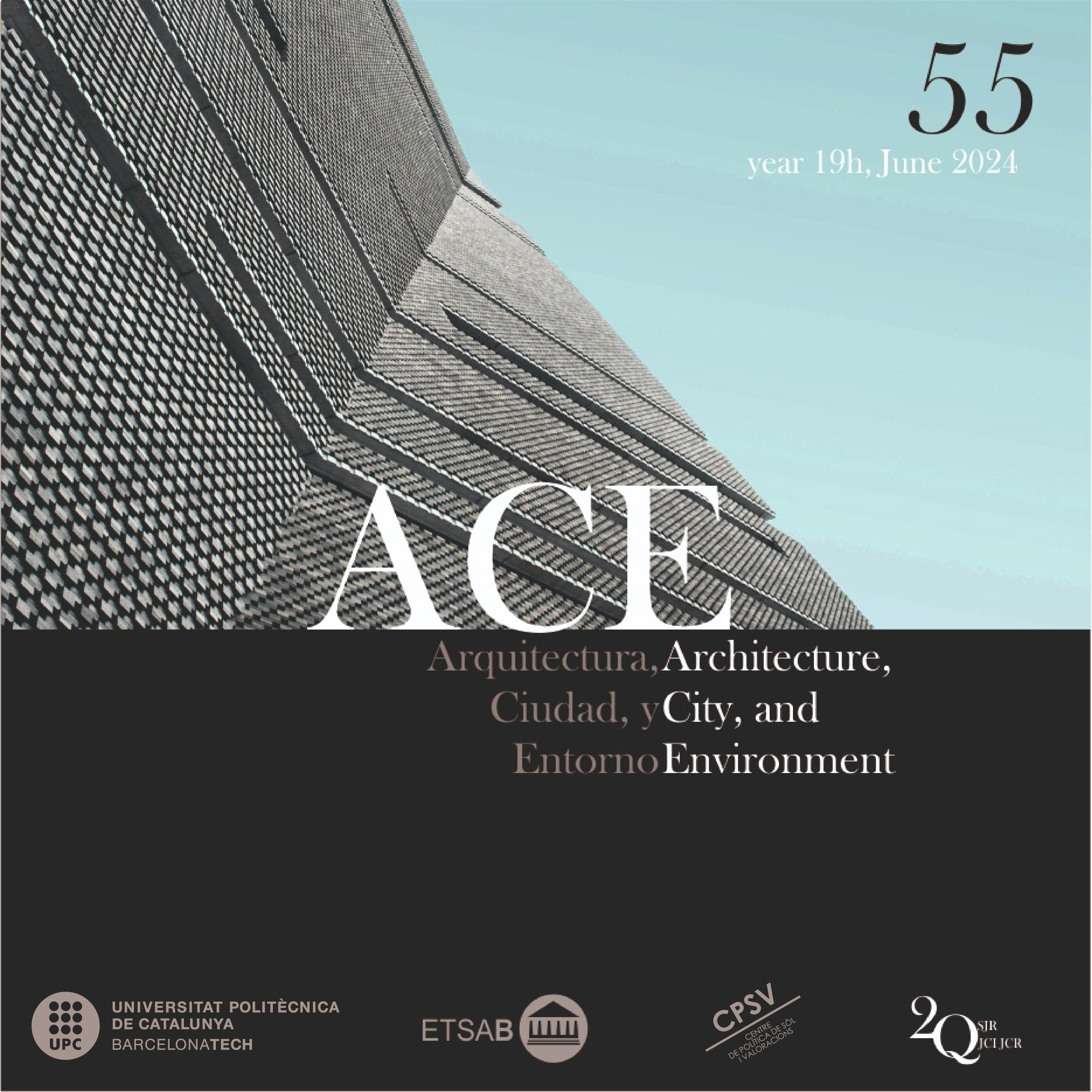Heritage Recognition of Mass Housing Neighbourhoods in Spain. Urban Planning as an Instrument of Protection
DOI:
https://doi.org/10.5821/ace.19.55.12443Keywords:
residencial neighbourhoods, urban catalogue, contemporary heritage, heritage protectionAbstract
The initial aim of this article is to evaluate the degree of recognition and legal protection given to mass housing neighbourhoods built mainly in the second half of the 20th century in Spain. Even though this is one of the historical periods of greatest urban growth, it presents a level of protection that is clearly lower than previous residential developments. The research takes as its starting point the architectural records of the 20th century, in order to place special emphasis on the protection possibilities offered by urban planning. To this end, the research focuses on three case studies: Madrid, Zaragoza, and Malaga. The ultimate aim is to get a glimpse of the potential of urban planning to overcome the difficulties usually associated with heritage protection, as well as introduce new conceptual approaches. The paper concludes by emphasising the power of urban planning instruments in the conservation of the inherited city, especially in the case of residential neighbourhoods characterised by strong processes of obsolescence. Compared to the protection figures of state or regional legislation, given the obligations and burdens they entail, urban cataloguing offers a greater degree of adaptation to the particularities of each case and, consequently, allows more effective protection to be articulated from contemporary approaches.
Published
Issue
Section
License
| INTELECTUAL PROTECTION CRITERIA |
At this moment, it is count with the "Oficina Española de Patentes y Marcas", while global protection it is being processed by the World Intelectual Property Organization (OMPI/WIPO). Nevertheless the International Standard Serial Number Office (ISSN) has given the following numbers ISSN: 1886-4805 (electronic version) and 1887-7052 (paper version). All articles will be peer reviewed, using double blind reviewing. |
| COPYRIGHT |
The article contents and their comments are authors exclusive liability, and do not reflect necessarily the journal editor commitee's opinion. All ACE published works are subject to the following licence CC BY-NC-ND 3.0 ES http://creativecommons.org/licenses/by-nc-nd/3.0/es/ It implies that authors do not hold nor retain the copyright without restrictions but only those included in the licence. |


































